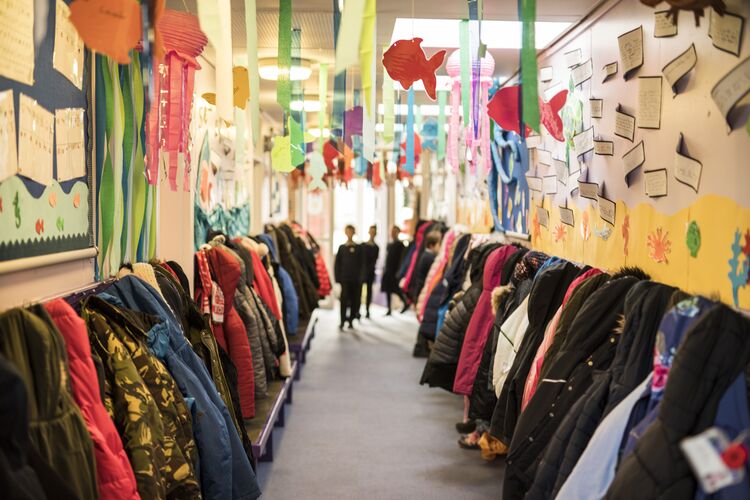
The research took place in three areas of the West Midlands, UK, and adopted a social-practice perspective on language learning and teaching. It reveals the wider interconnected factors influencing the learning environments of children affected by conditions arising from living in temporary accommodation. The project presents the viewpoints of 14 diverse practitioners, including: primary and secondary school teachers; teachers in Council-led transitory education provision; Council professionals in English as an Additional Language (EAL) teacher advisory roles; and refugee third sector practitioners working with newly arrived families in Birmingham, Sandwell, and Wolverhampton.
The methodology drew on a participatory action research (PAR) approach, with the aim of supporting practitioners to shape and have some ownership of the research agenda and outputs. Through this participatory process, professionals from different sectors contributed to establishing an understanding of English Language Teaching (ELT) practices and the idea of 'newly arrived ELT resilience'. Overall, the project collects together cross-sector expertise and describes effective practices to address identified gaps in professional development for supporting newly arrived children, including a selection of key recommendations for ELT practice.
These recommendations aim to address challenges for newly arrived students. For policy makers, the suggestions include a coordination tool for more equal support distribution, improved communication with temporary accommodation representatives and increased funding for creative education.
It is recommended that third-sector organisations provide tools for a 'flux pedagogy' approach to support children's adjustment. This involves flexible teaching methods that change according to the evolving needs and contexts of students. This approach recognises the fluidity of learning environments and aims to provide responsive and personalised support to students in transition.
Schools are advised to partner with charities for after-school programmes, raise staff awareness on housing conditions, collaborate with arts-health charities for wellbeing, and enhance training on EAL/ special educational needs and disabilities (SEND) support while also focusing on language learning through arts and physical activities.
The co-produced collaborative resource developed as a result of this research can be downloaded for free on WIRE, an open access research repository by the University of Wolverhampton.
This publication is free to download in PDF format below. The text is creative commons licensed under CC BY-NC 4.0
Citation: Puttick, M. R. (2024). ‘Waiting for school’: English Language Teaching resilience for newly arrived children. British Council. https://doi.org/10.57884/RZM7-1989